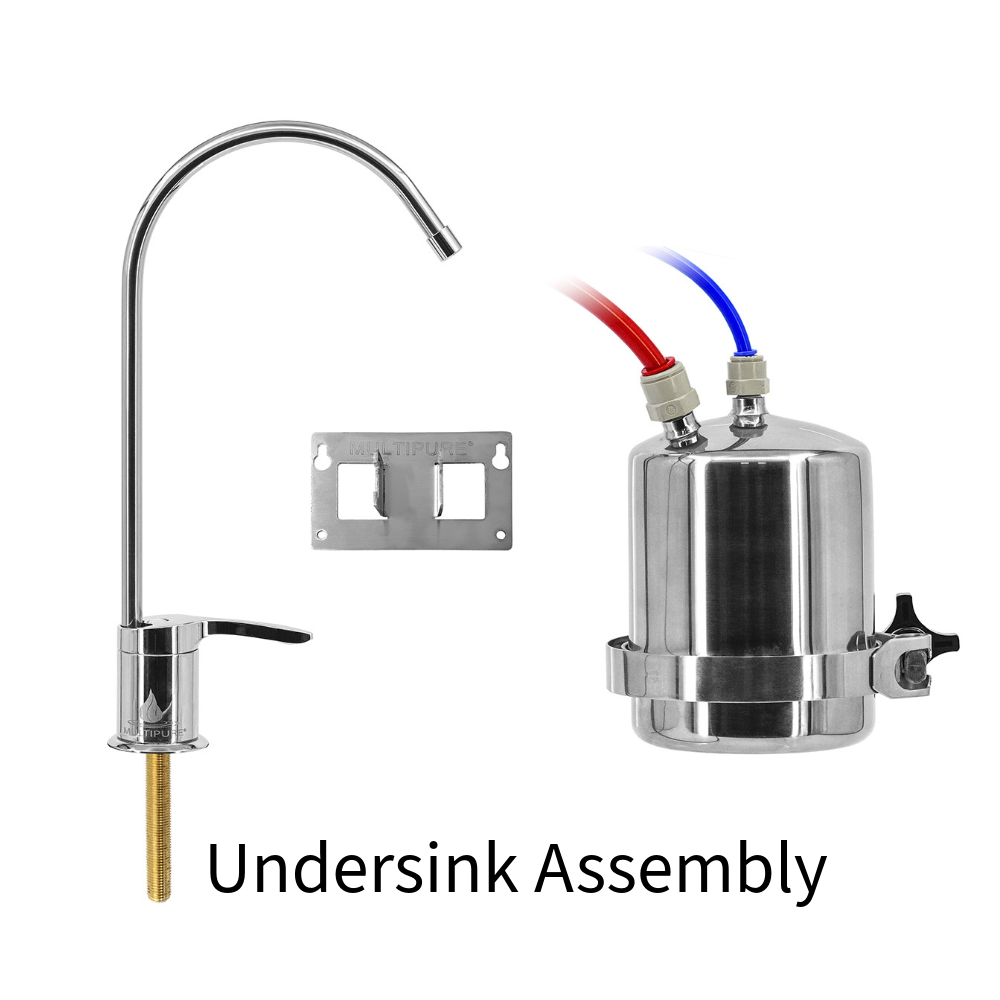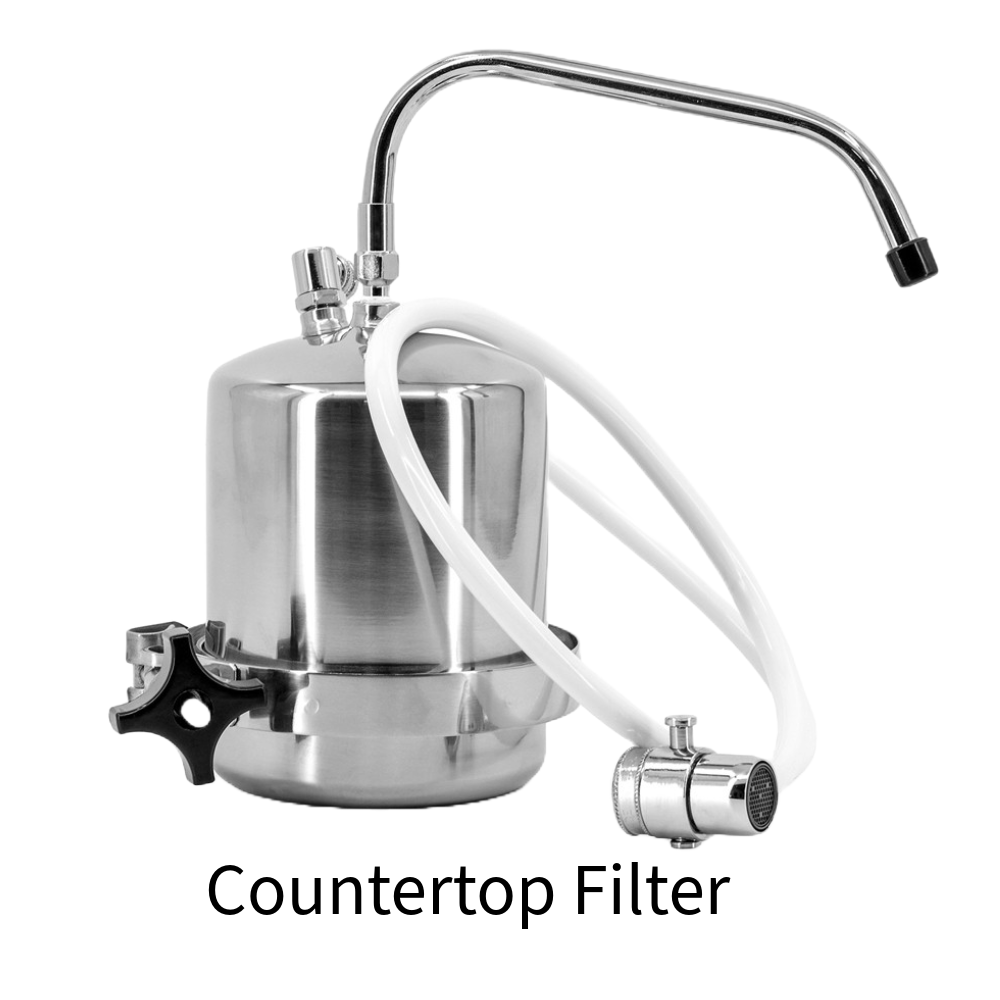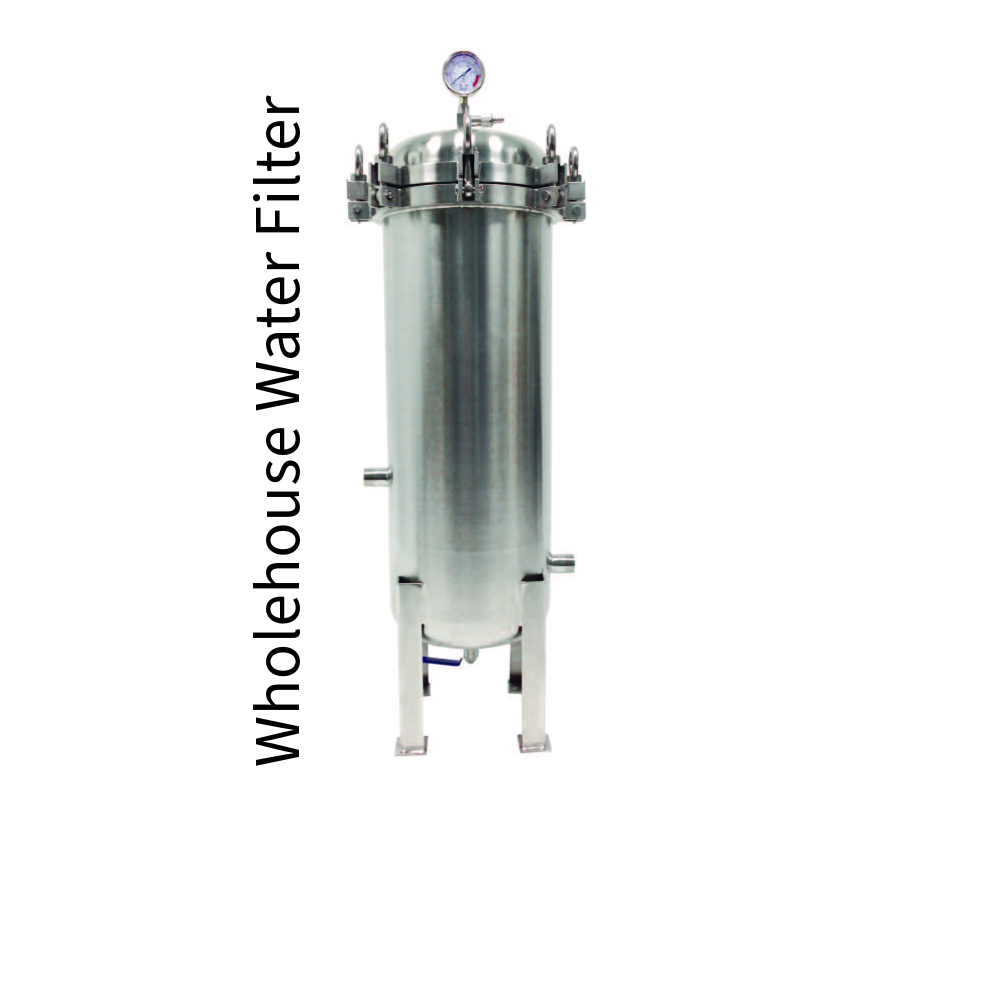Clean drinking water is essential, and both water filters and water purifiers play a role in making water safer. However, they’re not interchangeable. Understanding the key differences between water filters and purifiers is crucial for choosing the right system for your needs. This post breaks down a side-by-side comparison, highlighting the best uses for each.
Water Filter vs. Water Purifier: A Head-to-Head Comparison
Feature | Water Filter | Water Purifier |
Contaminant Removal | Removes sediment, chlorine, some bacteria/protozoa | Removes bacteria, viruses, protozoa, chemicals |
Microorganisms | May reduce some, depending on the filter type | Removes most, including viruses |
Chemicals | Removes some, depending on the filter type | Removes many, often including chemicals |
Cost | Generally less expensive | Generally more expensive |
Maintenance | Typically easier and less frequent | May require more complex maintenance |
Best Use | Improving taste/odor, removing sediment, basic filtration | Treating potentially contaminated water sources, travel, emergencies |
What is a Water Filter?
Water filters primarily focus on improving the taste, odor, and clarity of water. They typically reduce sediment, chlorine, and some larger microorganisms like certain bacteria and protozoa. Different filter types exist, each with varying levels of effectiveness. For example, a simple carbon filter primarily targets chlorine, while more advanced multi-stage filters or solid block carbon filters can reduce a wider range of contaminants.
Best Uses for Water Filters:
What is a Water Purifier?
Water purifiers go a step further than filters by removing or killing virtually all microorganisms, including bacteria, viruses, and protozoa. They often employ more advanced technologies like UV light, distillation, or reverse osmosis to achieve this level of purification.
Best Uses for Water Purifiers:
Choosing the Right System for Your Needs
The best choice between a water filter and a water purifier depends on your specific circumstances:
Making an Informed Decision
Understanding the differences between water filters and purifiers is crucial for protecting your health. By carefully considering your needs and researching available options, you can choose the right system to ensure access to clean, safe drinking water.














